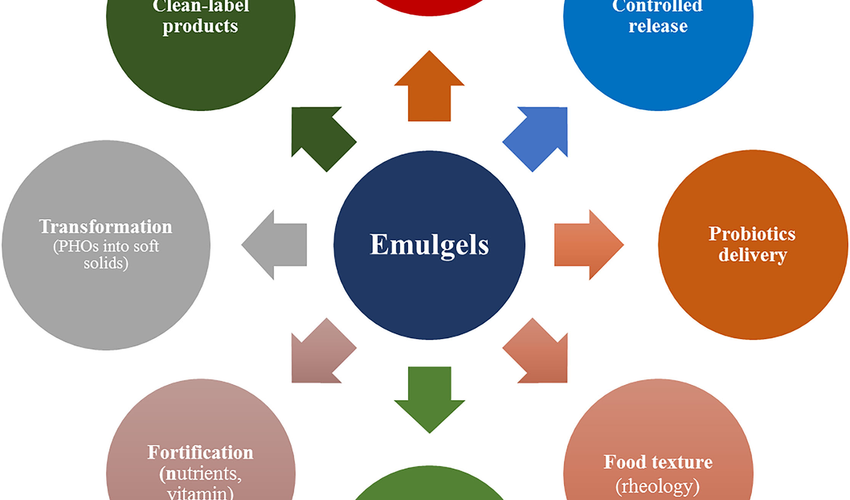Bacteria have been previously engineered to detect diseases by responding to specific metabolites or pathogens. Currently, species of bacteria have been engineered to detect specific mutations in human DNA. Using CRISPR gene editing, researchers at the University of California, San Diego (UCSD), and colleagues from Australia, have engineered bacteria that can detect the presence of tumor DNA in the colons of mice models, potentially paving the way for biosensors able to identify various diseases. Tumor cells have been observed releasing their DNA into surrounding environments. Although laboratory technologies can already analyze purified DNA effectively, detecting nucleic acids at their release site remains a challenge.
Reporting in Science, researchers (Cooper et al., 2023) have now developed a technique called Cellular Assay for Targeted CRISPR-discriminated Horizontal gene transfer (CATCH), designed to identify specific DNA sequences outside of cells. Using an inherent bacterial skill known as natural competence, in which bacteria take up surrounding DNA using horizontal gene transfer, the researchers were able to detect cancerous sequences in the bacterial DNA. “The detection of gastrointestinal cancers and precancerous lesions is an attractive clinical opportunity to apply this invention.”
In order to establish CATCH, the researchers engineered bacteria using CRISPR to test free-floating DNA sequences on a genomic level and compare those samples with known cancer DNA sequences. After achieving positive results, the scientists genetically modified a bacterium already present in the colon to be used as a sensor for identifying DNA from KRAS a gene mutated in many cancers. The bacterium known as Acinetobacter baylyi was programmed to distinguish between mutated and “healthy” KRAS DNA. Only bacteria that had taken up mutated copies of KRAS, as found in precancerous polyps and cancers, would survive treatment with a specific drug. This allowed the scientists to identify the location of the mutated gene by sequencing bacterial DNA present at the same site.
The researchers believe that in the future diseases will be treated by cells rather than medicines. As a next step, the bacteria biosensor strategy will be adapted with new circuits and different types of bacteria for detecting and treating human cancers and infections.
“There’s a future where nobody need die of colorectal cancer. We hope that this work will be useful to bioengineers, scientists, and, in the future, clinicians, in pursuit of this goal,” concluded Dan Worthley, researcher at the South Australian Health and Medical Research Institute and co-author of the study.
For more information: CLICK HERE
Cooper, R.M., Wright, J.A., NG, J.Q., Goyne, J.M., Suzuki, N., Lee, Y.K., Ichinose, M., Radford, G., Ryan, F.J., Kumar, S., Thomas, E.M., Vrbanac, L., Knight, R., WOODS, S.L., Worthley, D.L. and Hasty, J. (2023). Engineered bacteria detect tumor DNA. Science Vol 381, Issue 6658 DOI: 10.1126/science.adf3974
The Department of Animal, Aquaculture, and Range Sciences
The College of Agriculture, Sokoine University of Agriculture
Share this page




